One of the great untapped resources in world cinema is Chinese literature. While there are plenty of films based on various eras of this literature that will be familiar to Asian audiences, there are only a select few internationally recognized films that hail from this material. Plenty of movies still promote and/or celebrate Chinese culture and history, even if they somehow do so with varying degrees of inaccuracy. For instance, we're soon to see a live action remake of the animated Disney picture “Mulan,” supposedly with a whole new storyline. But a major international film based on actual Chinese material would be more significant, and probably better.
So, whether it ultimately comes from Hollywood or a Chinese studio, we have a few ideas for source material for a fresh blockbuster based on real history, culture, and/or literature.
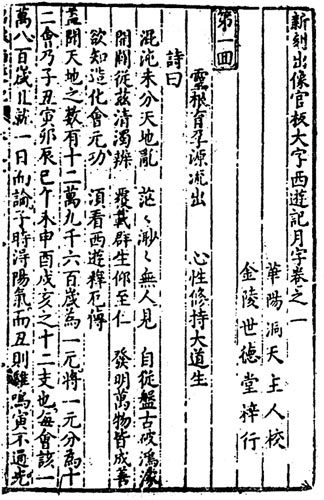
If you're interested in modern material that derives from Chinese literature, you may be aware of a relatively little-known Netflix series called “The New Legends Of Monkey.” Noted in one review as a campy adventure epic, this was actually a sort of reboot of a previous Chinese series that was itself an adaptation of “Journey To The West.” That is to say, this is actually a very old Chinese book that still gets some modern attention. However, a series like “The New Legends Of Monkey” bears very little resemblance to the original work. Written by Wu Cheng'en, “Journey To The West” is a 16th century text considered to be one of the “Four Great Classical Novels” of China. It concerns the adventurous journey of the monk Xuanzang, who traveled through India and parts of Asia to retrieve sacred Buddhist texts. It's not a hard story to contrive a “campy adventure epic” out of, but modern audiences might appreciate a more straightforward retelling as well.
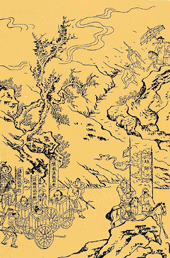
“Water Margin” is another of the Four Great Classical Novels, written by Shi Nai'an. And it almost seems like it's made for modern Hollywood. The story concerns 108 outlaws who form a unit together and are ultimately turned into something of a heroic fighting force. It has actually been adapted a few times, and has also led to various twists on the notion of 108 fighting heroes. This page of online casino games designed by Microgaming, in fact, has a vaguely Chinese-themed “108 Heroes” game that appears to be based on the story. It's only one example, but it links ancient Chinese literature with a modern casino game, which gives you an idea of the scope of this tale and its impact. Even so, “Water Margin” doesn't yet have the film it deserves.
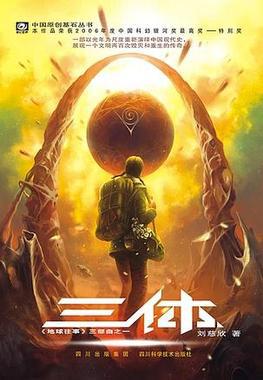
Here we have a more modern work, and one a lot of Chinese and other East Asian readers will probably be familiar with. For others though, it bears explaining. “The Three-Body Problem” is one of the most well-known pieces of sci-fi literature to have come out of China in a very long time, and is actually the beginning of a series of novels. Written by Liu Cixin, it's considered “hard sci-fi,” and concerns a blend of advanced scientific concepts, extraterrestrial contact, and distinctly human relationships. A modern film based on this book would be a very ambitious project, but one droves of existing fans would be happy to check out.



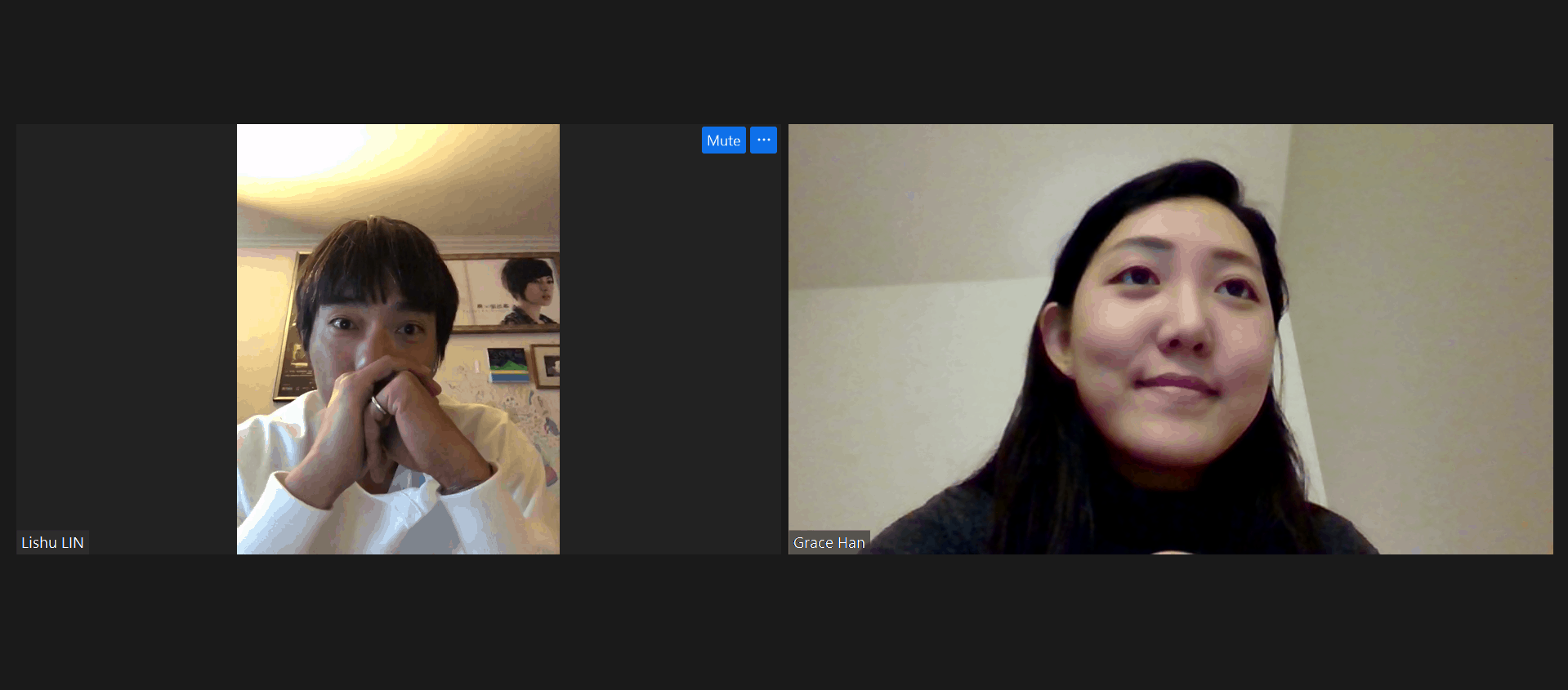

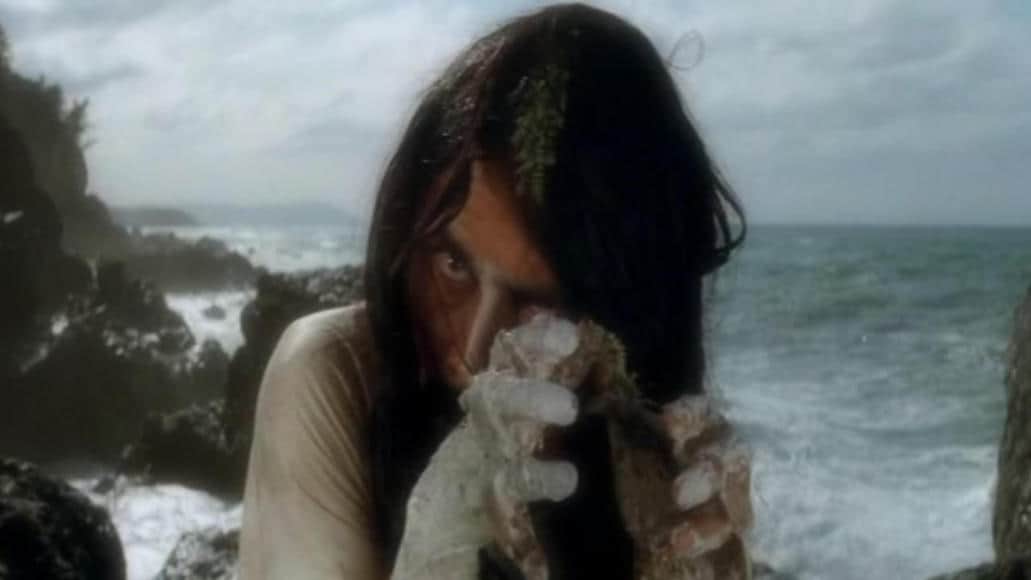
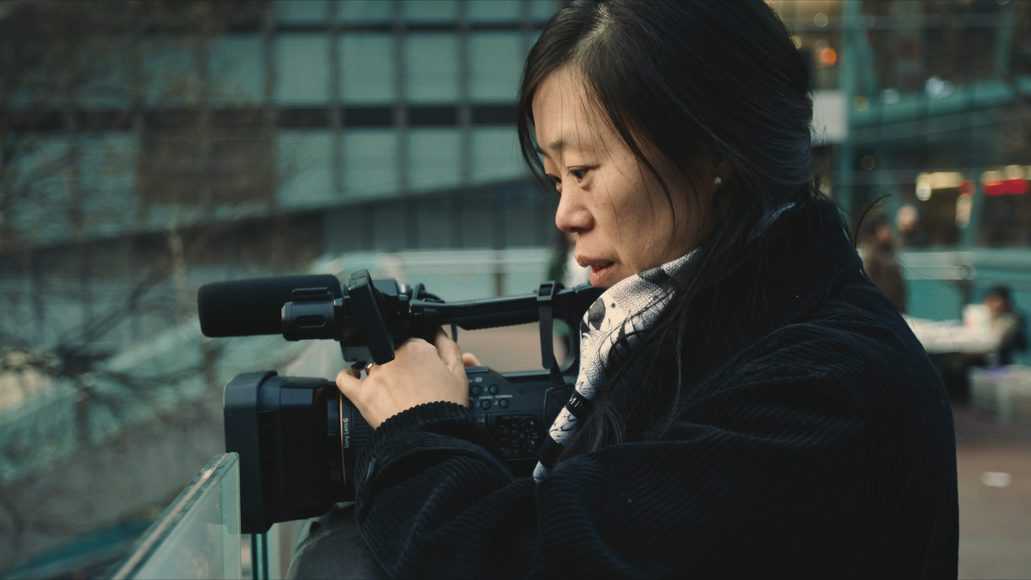









Does the world really need more JOURNEY TO THE WEST movies?